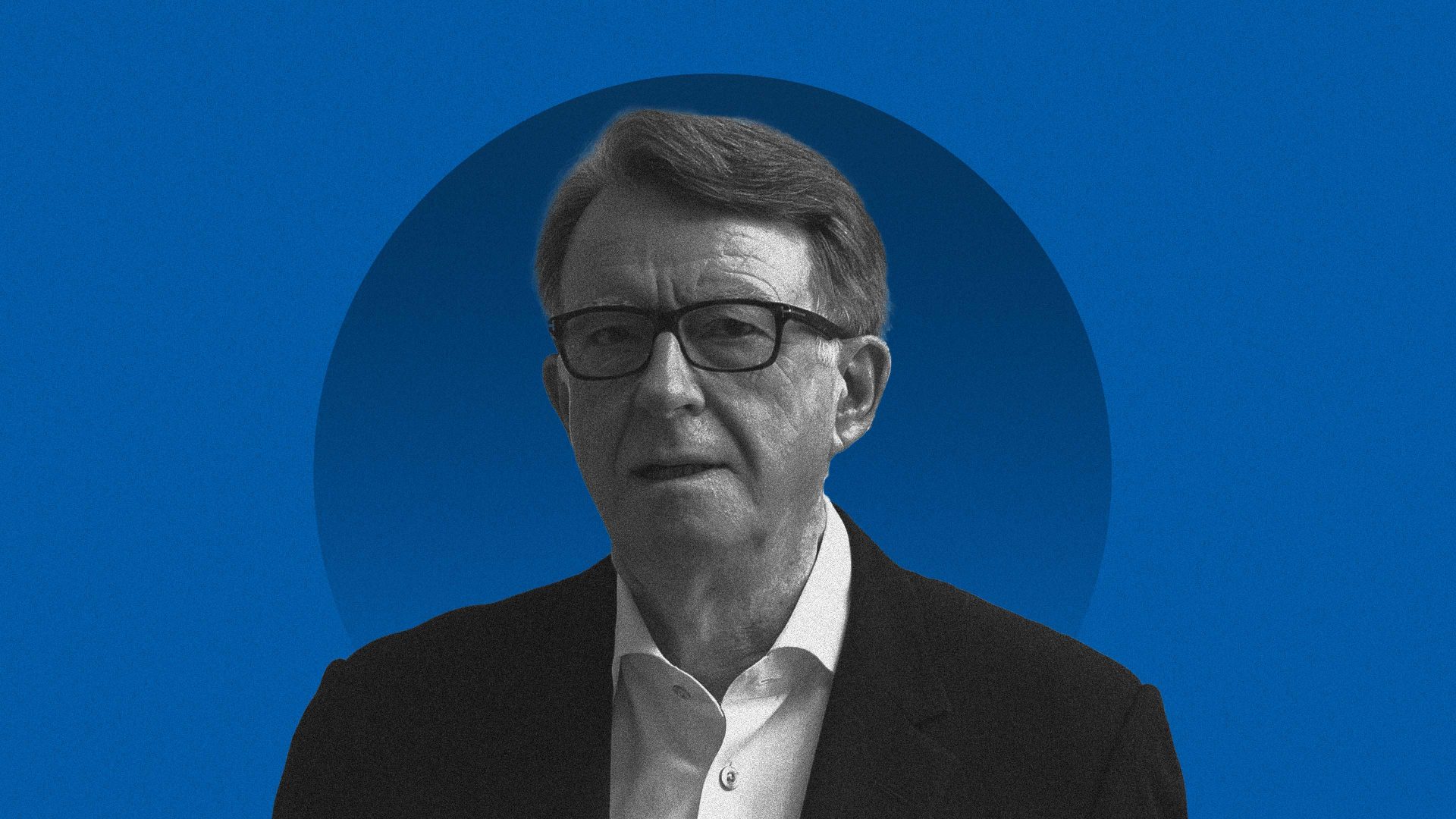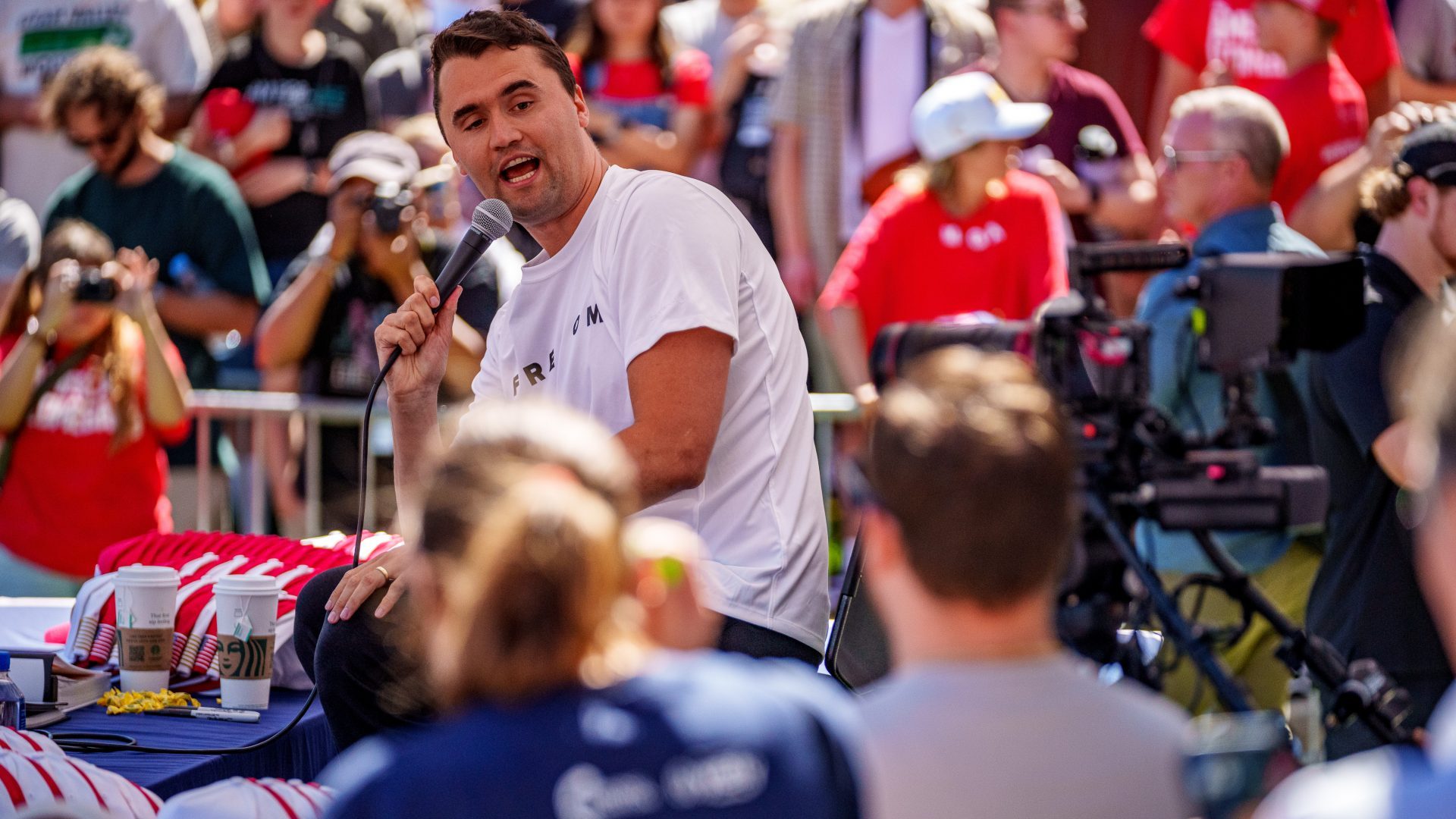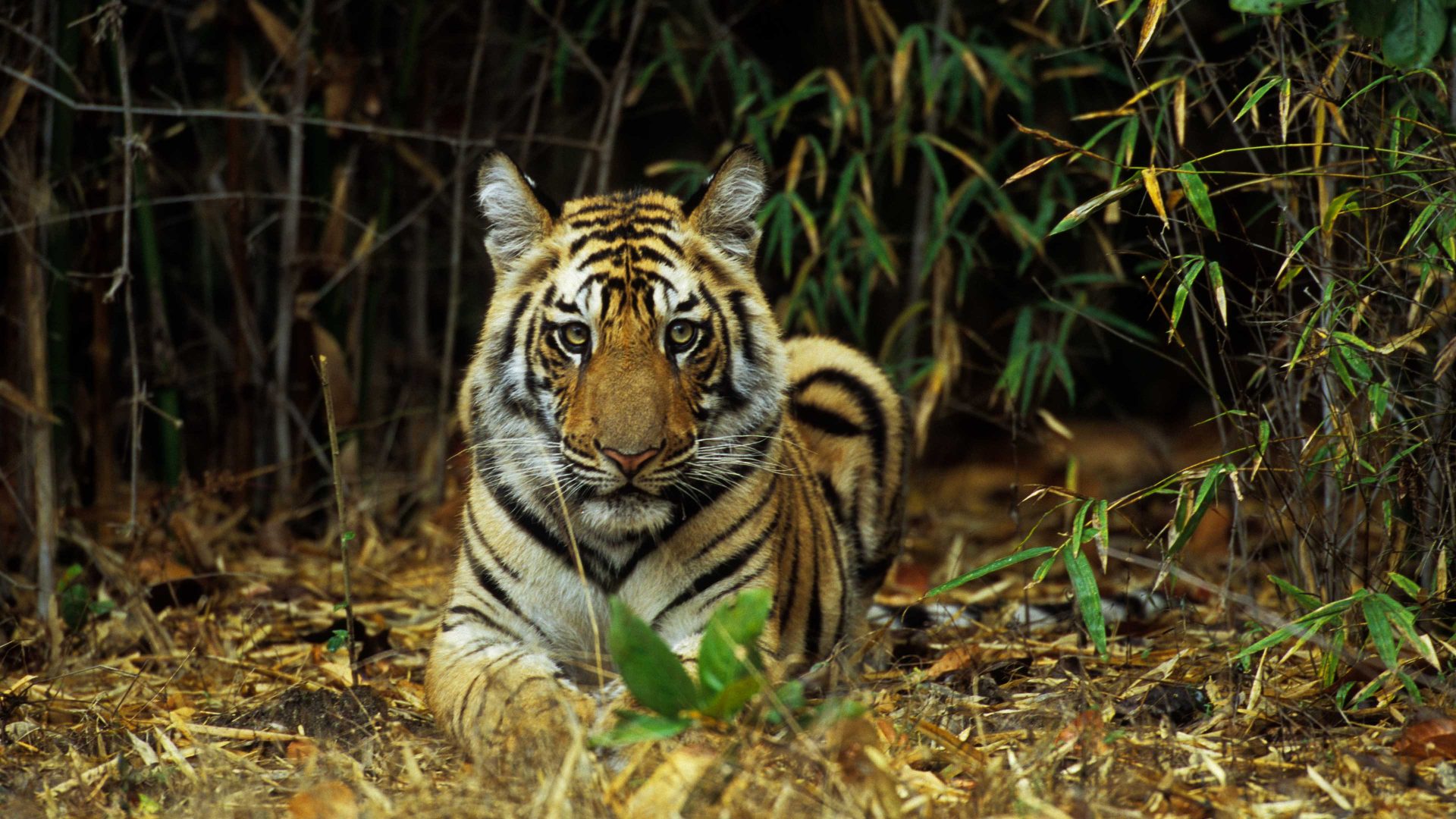Back in the olden days, before my print media consumption was reduced to the New World, Der Spiegel, Le Point and the FT weekend edition, I used to get all the Sunday papers on Saturday evening. It was my job, you see, to keep on top of everything and try to stay one step ahead of the press.
One Saturday evening, January 27, 2001, the papers arrived as we were celebrating my mother-in-law Audrey’s birthday. Several led on various aspects of the same story, that Peter Mandelson – who was present at the party – and I were “at war”.
One of my children took a photo of the pair of us looking at one such front page, both looking perfectly happy to be in each other’s company. In another photo, Peter and I are among a group singing around the piano as Audrey played.
The “at war” status was assumed because three days earlier, Peter had left the cabinet for the second time. Not least because the controversy over Peter’s first resignation, related to a loan from a wealthy ministerial colleague, was still fresh in the minds of those who covered or followed politics.
The “Hinduja passport row” quickly became one of “who said what to whom, when”, and after a probe of the facts by the lord chancellor, Derry Irvine, Tony Blair decided Peter had to go. Peter, and even more so his partner, Reinaldo, suspected that I, rather than Tony, had driven the momentum towards his resignation, and the press lapped up the idea of the two of us in a fight to the political death.
It wasn’t true, though I had been exasperated by the whole situation and demanding clarity about the facts. However, it certainly meant we were surprised when the doorbell rang, and I opened the door to find Peter and Reinaldo standing there.
Friendship and politics are strange bedfellows at times.
My partner, Fiona, and Audrey had known Peter even longer than I did, part of a circle of friends in London Labour politics. The first time I spoke to him properly was at a party at Fiona’s parents’ house, in 1985, on the eve of his interview for the job of Labour director of communications. We thought similarly about the need for real change. He got the job, from where he played an important role in the party’s modernisation.
Over the years, I would definitely have put him in my top rank of friendship, at times not far off the “best pal” status he afforded – or said he did – to Jeffrey Epstein. We spoke most days, we socialised, he came on holiday with me and the family.
There were plenty of downs amid the ups. We didn’t always agree on strategy. I didn’t always appreciate his briefing to the media.
We once almost came to blows, ludicrously, when Tony and I were trying to finish a conference speech, and Peter set off a big debate about whether or not the dear leader should wear a tie. Tempers can flare under stress.
Once we were in power, and Peter became a politician in his own right, I think he did move away somewhat from his earlier circle of friends.
We are both drawn to really interesting people, but I have always been a little suspicious of ostentatious wealth or public displays of power by private individuals, Peter perhaps less so.
As Rory Stewart pointed out when we discussed Peter on The Rest Is Politics, “powerful, wealthy men” is a common thread in his three highly public resignations.
I knew he knew Jeffrey Epstein. I didn’t know that they had become as close as the correspondence between them suggests they did.
The friend in Peter might feel that having developed the friendship they had, that required him to continue to be a friend even when life took the turn it did for Epstein, and he headed behind bars. The public figure in him should have been so much more cautious about how he expressed that friendship.
Caution has its place in politics. It is a word more often associated with Keir Starmer than Peter, who is much more a politician of the bold variety. He likes big challenges and big bold steps to meet them.
It is why he would have been so drawn to the idea of being ambassador to Donald Trump’s America. It’s why he would have known that he would have to recant previous hostile comments about Trump, something I would not feel able to do. It’s why he would have enjoyed getting stuck in to making relationships with the Trump circle, and helping in the planning of meetings between president and prime minister, or the current state visit in which he will now play no part.
What was perhaps strange about his appointment in the first place is that the usually cautious Starmer went for an unusually bold move in appointing Peter. The incumbent ambassador, Karen Pierce, was already doing a very good job getting in with the MAGA crowd before Trump had even been re-elected.
David Miliband’s name was being put forward, and while he might have had more words to recant, his diplomatic and political experience would have served him in good stead, added to which he is not a man to land himself in scandal.
Key appointments really matter to a prime minister, but Starmer has tended to leave personnel issues to others. I was stunned in the early days to learn that he was delegating the decision on who his personal private secretary should be to a combination of former chief of staff Sue Gray and future chief of staff Morgan McSweeney.
McSweeney was central to the appointment of Peter Mandelson, focusing more on his considerable skills than the risks associated with the appointment of someone who tends to land himself in choppy waters.
Politics is as much about relationships and an understanding of human nature as it is about policy and legislation. That might be the real lesson to learn from the unbelievably difficult start to what Starmer has called Phase 2 of his government.
So are Peter and I still friends? The answer is yes, but not necessarily in the same way as we were. I have kept in touch with him in recent days, just as he did with me when I was engulfed in controversy and a media storm in my final days in Downing Street.
There are many ways to define friendship, because it can take many forms. One of mine is – if someone died, would you drop everything to make sure you could attend the funeral, pay respects, comfort friends and family? And with Peter I would, as would he, I think, with me, Fiona or Audrey, now in her 101st year.
Indeed, the only reason I met Epstein was because I was rushing to New York for the funeral of a close friend from university who had died suddenly from a heart attack. Coincidentally, Ghislaine Maxwell was on the same flight as me, and after chatting over times together when I worked for the Mirror under her father, she invited me to meet her boyfriend later that evening, who turned out to be Epstein.
I had no sense of him being a sex offender. But I didn’t like his vibe, his ostentatious displays of wealth, access and influence, or the relentless name-dropping, which suggested to me he collected “friends” in much the same way as he collected the antiques and artworks around the house.




